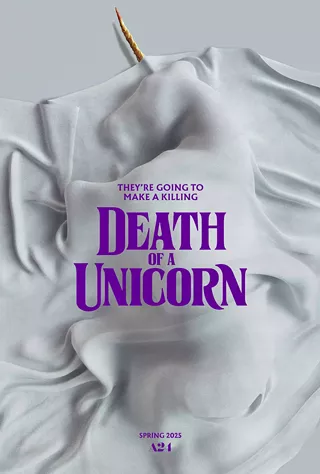She made a handful of short, whimsical films, but just before she turned 30, she learned she had terminal colon cancer. Figuring she lacked time to make a full-length feature film, Wing launched a project that was only slightly less ambitious. In the two years she had left, between treatments for her illness, she wrote a 90-minute chamber opera. It opened just three weeks after she died in July 2003.
Tucson's Loft Cinema is presenting a one-night celebration of Wing's work, including three of her short films and a video of the chamber opera, Lost, made at one of the show's New York performances. Lost won the prize for best musical at the 2003 International Fringe Festival in New York.
Lost, which is totally unrelated to the more recent television series of the same name, spins off from the tale of Hansel and Gretel. As devised by librettist Kirk Wood Bromley, Wing's frequent collaborator, the story follows two kids, the intellectually precocious Hanlon and his sexually precocious sister, Gabby, after their father abandons them in Tennessee's Great Smoky Mountains. Despite the warnings of a mysterious white fawn, they accompany a bloody-smocked scientist named Laborius to his homestead, where they are taken in--in more ways than one--by his larger-than-life wife, Mamba.
Mamba is the adoptive mother to a strange brood of misfits. She's possessive and manipulative, and she and "her" kids quite literally can't live without each other. Mamba, a survivor of the 16th-century lost colony of Roanoke, N.C., has managed to live for centuries by harvesting the organs of young people who have wandered into her woods--people just like the brainy Hanlon and the potentially fertile Gabby. Through her magic, Mamba keeps her organ-depleted victims in a state resembling life, forming one big if not especially happy family.
If you're familiar with the authentic, grisly versions of the Grimm brothers' tales, you'll be prepared for Lost, with its wicked adoptive parents and sorrowful victims, its loneliness and violence. Indeed, the final chorus, which in most musicals is an anthem of triumph, here has the living and dead characters come together to sing "We Are All Lost."
If this reminds you of Stephen Sondheim's fairytale-inspired Into the Woods, you won't be far off. The tone of Lost is darker, but the adult themes are similar, and Wing's music, like Sondheim's since Company, holds greater interest in its rhythms and harmonies than in big tunes.
The video being shown at the Loft was made by one person with a camera in the back of the theater. There are enough zooms and pans to maintain visual interest, yet often, we don't see what we want to see in the way we want to see it; this is a document, not a commercial production.
The performance itself is sincere if imperfect. The cast ranges from good to excellent; in particular, Annemieke Marie Farrow as the faun and Jenna Rose as Hanlon's handless love interest are exceptionally beautiful, touching actresses and fine singers. Yet some of the other characterizations are rather generic, the performers letting composer Wing and librettist Bromley do most of the work for them; Rob Urbinati's stage direction can be a bit stilted. Arizona Onstage Productions could surely do a brilliant job with the material, and if nothing else, this screening could spur interest in a local, live production.
It would be nice if Wing's work is not merely locked away in some archive. Jessica Grace Wing was from Tucson, but her music and films are unknown here; the Loft's program will introduce most of us to the work of a young artist who was by all evidence feisty and brave.














